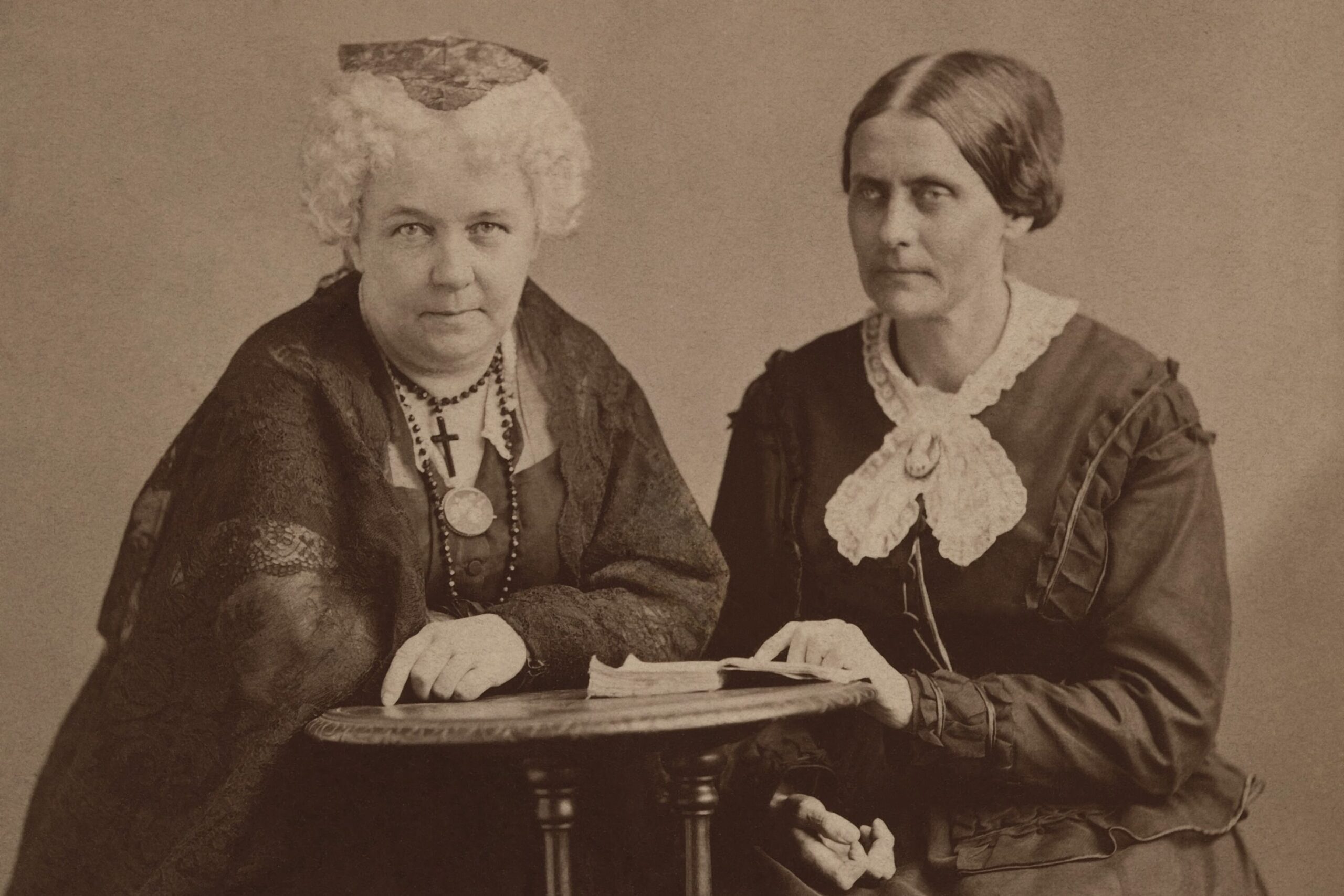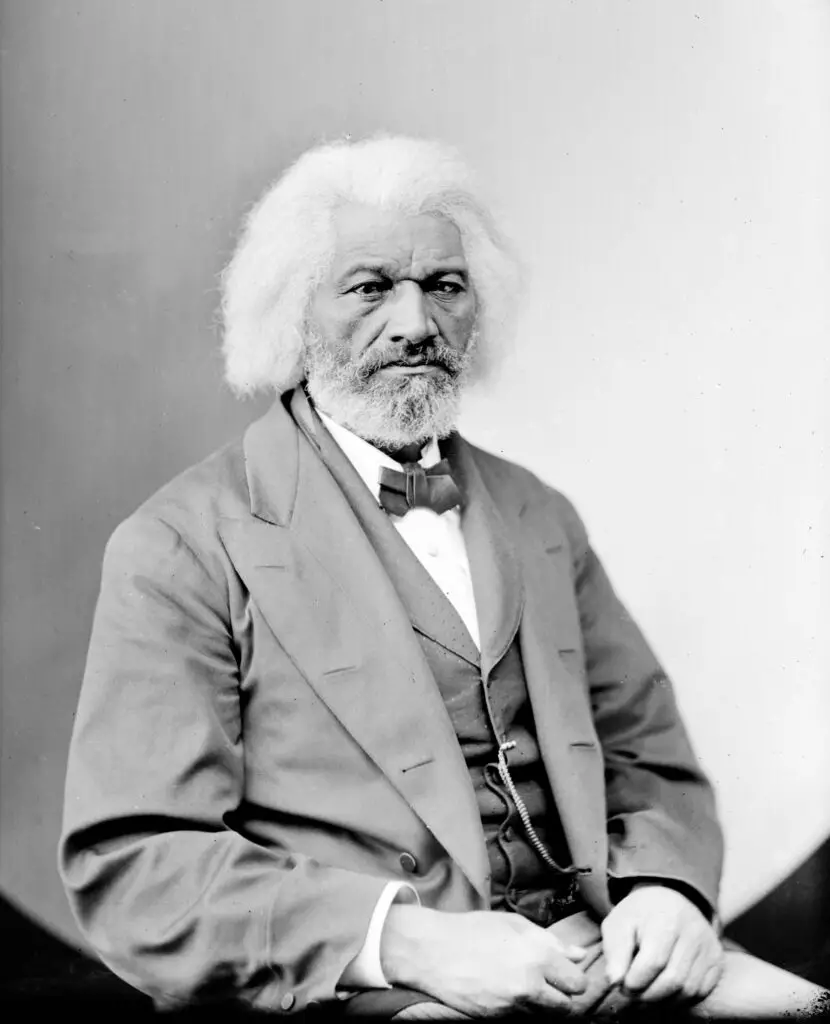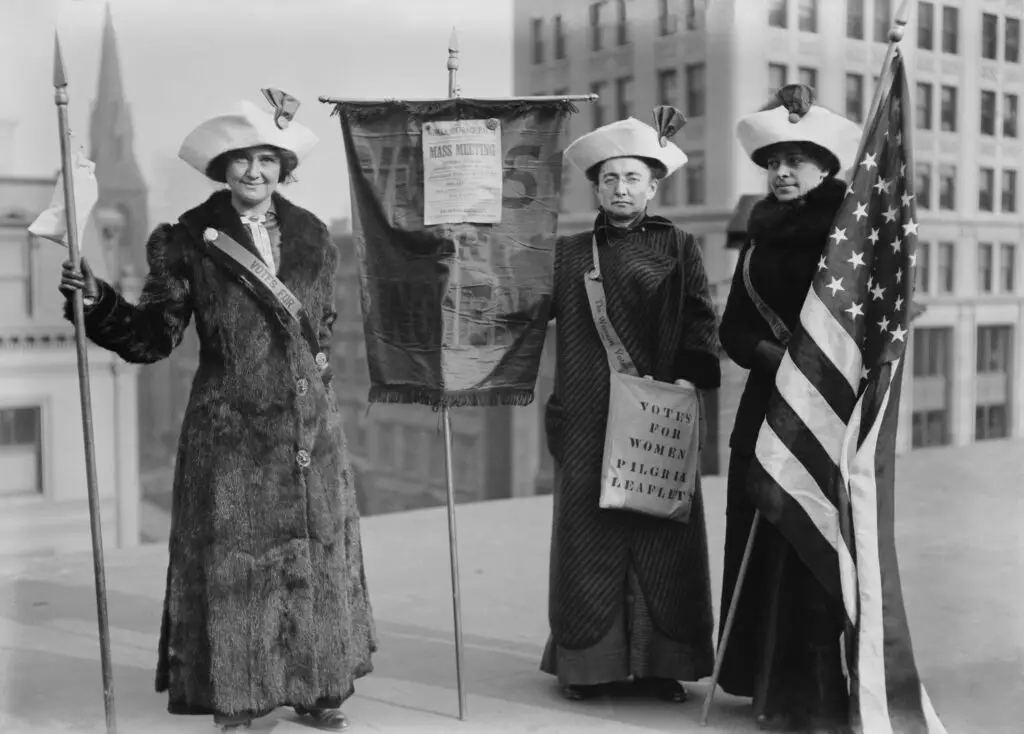1. They Championed Equal Rights for All

Susan B. Anthony and Frederick Douglass were relentless in their fight for equality. Anthony focused on women’s rights, particularly women’s suffrage, while Douglass fought to end slavery and promote civil rights for African Americans. Together, they laid the groundwork for equality movements that continue to inspire today.
2. They Used the Power of Their Voices
Both Anthony and Douglass understood the impact of public speaking. Douglass, a former slave, became one of the most powerful orators of his time, using his speeches to expose the horrors of slavery. Anthony traveled the country, giving speeches advocating for women’s right to vote, often facing backlash but never backing down.
3. They Worked Together for Social Change
Though they had different focuses—Anthony on women’s rights and Douglass on abolition—they often collaborated. They both spoke at the Seneca Falls Convention, and despite differences in opinion at times, they recognized that their fights for justice were intertwined.
4. They Believed in the Power of Education
Douglass famously said, “Once you learn to read, you will be forever free.” He understood that education was the key to liberation. Similarly, Anthony believed that women deserved the same educational opportunities as men, and both worked to make education accessible to all as a path to equality.
5. They Challenged the Legal System
Anthony and Douglass understood that true transformation required legal change. Anthony was arrested for voting illegally in 1872, using her trial to spotlight the injustice of women’s disenfranchisement. Douglass helped shape the laws following the Civil War, pushing for the 13th, 14th, and 15th Amendments to ensure freedom and voting rights for Black Americans.
6. They Founded Organizations to Amplify Their Causes
Anthony co-founded the National Woman Suffrage Association with Elizabeth Cady Stanton, focusing on securing the vote for women. Douglass founded his newspaper, The North Star, to advocate for abolition and civil rights. Both understood that organizing was key to creating lasting change.
7. They Weren’t Afraid of Opposition

Neither Anthony nor Douglass shied away from controversy or opposition. They faced ridicule, threats, and sometimes even violence, but they continued their work with unwavering commitment. Their resilience in the face of adversity is a major part of their legacy.
8. They Inspired Future Generations
Their influence didn’t stop with their own lifetimes. The women’s suffrage movement continued after Anthony’s death, leading to the 19th Amendment in 1920. Douglass inspired future civil rights leaders like Martin Luther King Jr., whose fight for racial justice built on Douglass’s foundation.
9. They Were Grounded in Morality and Justice
Both Anthony and Douglass were driven by a deep sense of morality and justice. For Anthony, it was about the fundamental right of every woman to be treated as equal to men. For Douglass, it was about the human right to freedom and dignity for all people, regardless of race.
10. They Used Print Media to Spread Their Messages
Douglass’s newspaper, The North Star, became a crucial platform for abolitionist ideas, and Anthony contributed to various publications advocating for women’s rights. They recognized the power of the press in shaping public opinion and used it to rally support for their causes.
11. They Were International Figures
While their primary battles were in the United States, both Anthony and Douglass had global influence. Douglass traveled to Europe to garner support for the abolitionist cause, and Anthony’s advocacy for women’s rights inspired movements in countries around the world.
12. They Encouraged Others to Join the Fight
Neither Anthony nor Douglass fought alone—they were powerful organizers who inspired others to take up their causes. Anthony’s work motivated countless women to join the suffrage movement, and Douglass’s activism galvanized abolitionists and civil rights advocates across the country.
13. They Understood the Power of Persistence
Both Anthony and Douglass knew that change wouldn’t happen overnight. Their movements spanned decades, and they never gave up, even when victories seemed distant. Their persistence showed that lasting social change takes time and relentless effort.
14. They Helped Shape the Nation’s Identity

In many ways, Anthony and Douglass transformed the moral and political landscape of America. They pushed the nation to confront its contradictions—slavery in the land of the free, disenfranchisement in a democracy—and set the stage for future progress toward equality.
These iconic figures didn’t just fight for their individual causes; they transformed America’s commitment to justice and equality, leaving a legacy that continues to inspire generations.


